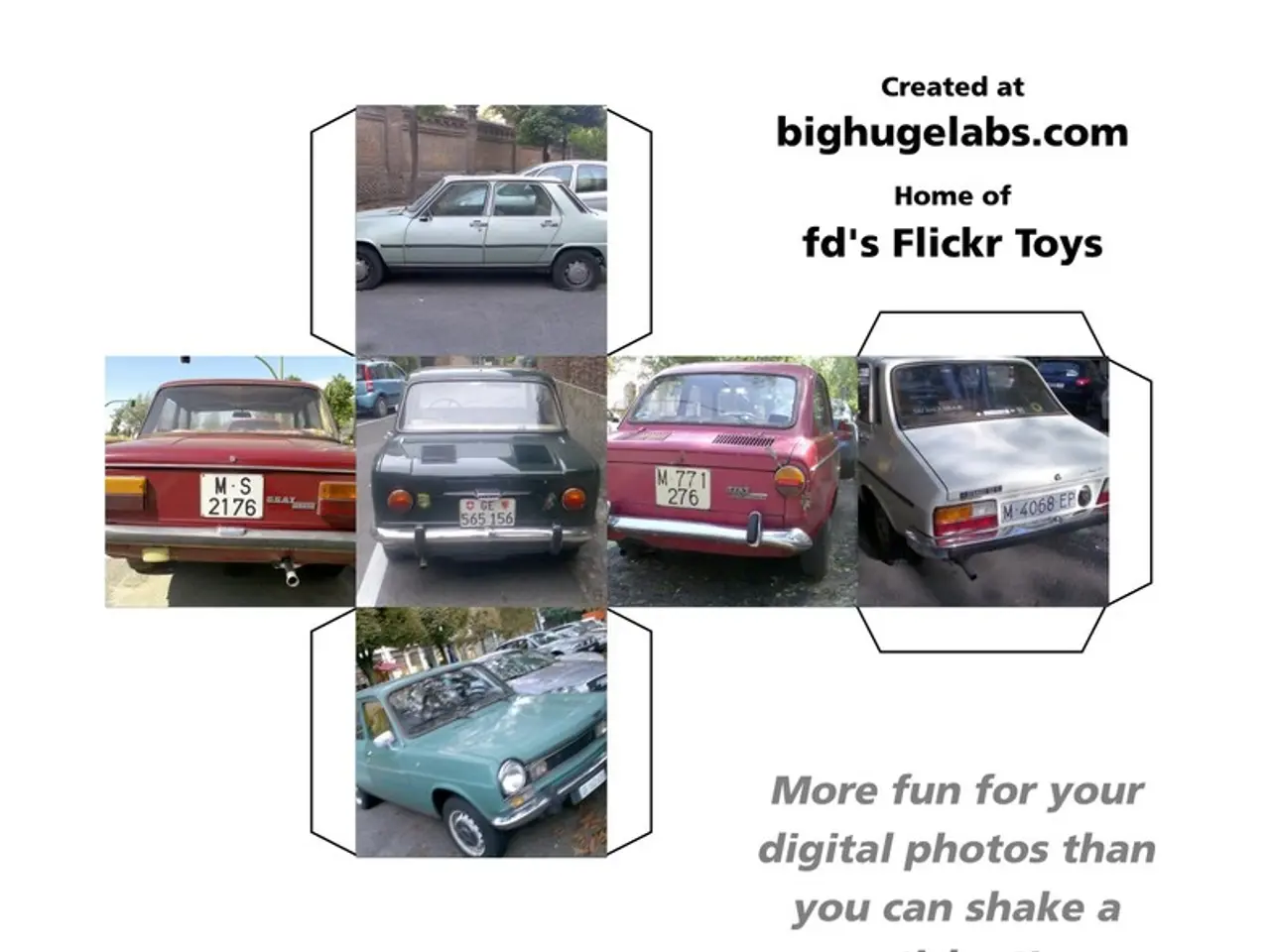Accelerated advancement of software-controlled automobiles, enhancing speed and adaptability
In the rapidly evolving world of automotive manufacturing, managing complexity has become a critical challenge. A new whitepaper offers concrete tips for tackling this issue, focusing on the practical application of agile approaches and integrated tools for software-defined vehicles.
The whitepaper, which is now available for download, emphasises methods to reduce development times and improve quality in the vehicle development process. At its core, the goal is to synchronise hardware and software development processes through the integration of Application Lifecycle Management (ALM), Product Lifecycle Management (PLM), and Model-Based Systems Engineering (MBSE).
Modern vehicle development is characterised by shorter development times, stricter regulations, and complex vehicle electronics. To navigate this landscape, manufacturers are required to integrate software lifecycles, over-the-air updates, and cyber and operational security in vehicle development. The whitepaper offers insights on how to successfully accomplish this integration.
Notable automotive manufacturers, such as Porsche, Audi, Volkswagen, and Mercedes-AMG PETRONAS F1 Team, have already started implementing Agile Product Development Frameworks. These companies utilise agile methods notably in cooperation with SAP and other technology partners to optimise software development and supply chain processes for their vehicles.
One of the key advantages of agile methods is improved collaboration for faster market introduction. By adopting these methods, manufacturers can expect reduced development times and improved quality in their vehicle development projects.
The use of the Agile Product Development Framework brings numerous benefits to vehicle development. In addition to the aforementioned advantages, it also provides concrete tips for managing complexity in vehicle development, a challenge that becomes increasingly relevant as vehicle development requirements and complexity continue to grow.
For those interested in learning more about this topic, the whitepaper is available for download, offering valuable insights into successfully integrating ALM, PLM, and MBSE for seamless collaboration between hardware and software development in the context of software-defined vehicles.
Read also:
- Ford Discontinues Popular Top-Seller in Staggering Shift, Labeled as a "Model T Event"
- 2025 Witnesses a 27% Surge in Worldwide Electric Vehicle Sales, Despite Opposition to Electrification Policies in the U.S.
- Summarized Report: Insights from the Realm of Transportation
- Recorded surge in electric vehicle registrations during the initial half of the year








